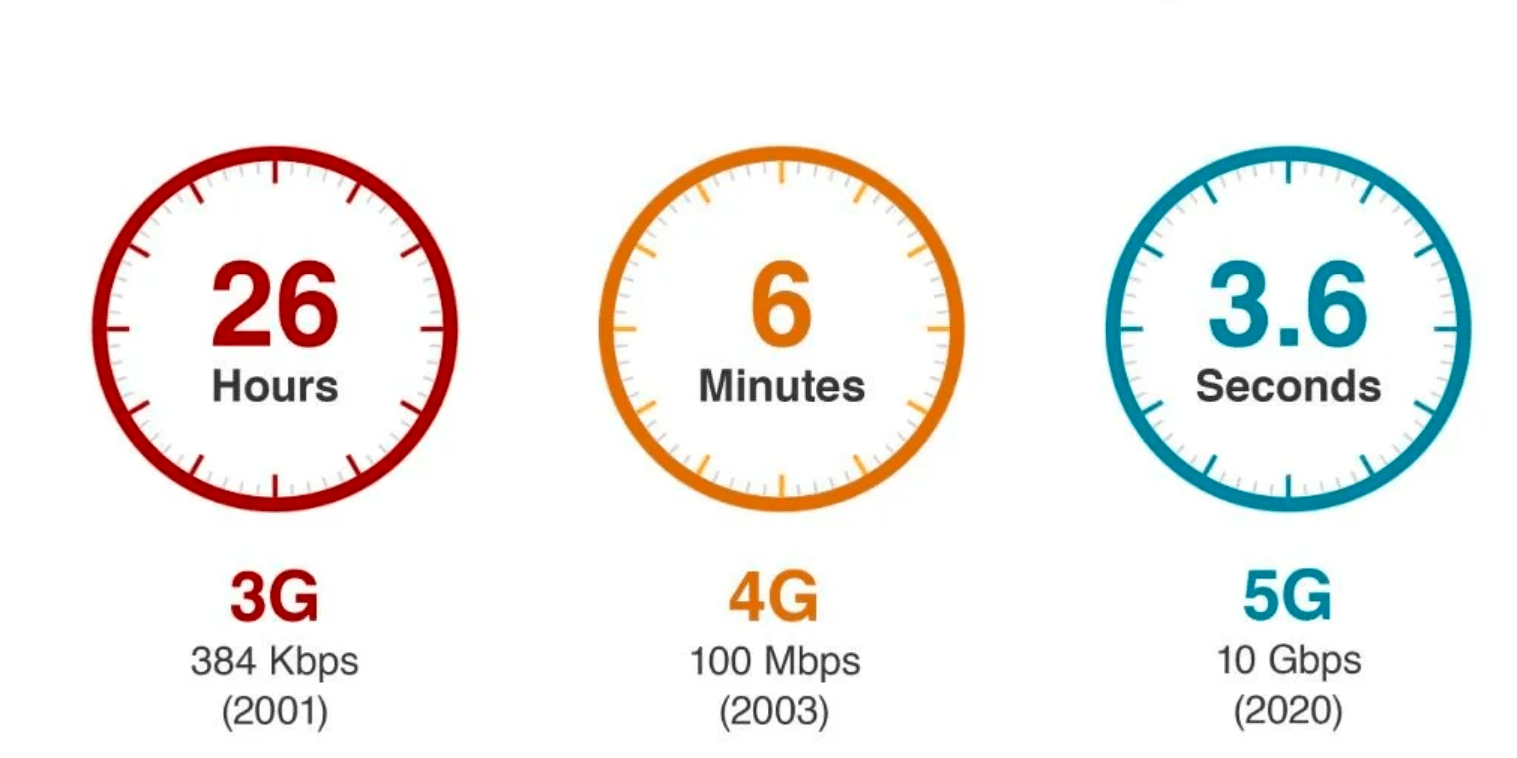Progress for 0 ad


Kaleab Girma
Addis Ababa, Ethiopia

Ethiopia’s 128-year-old telecom operator that has passed through 1G, 2G, 3G, and 4G networks has finally adopted 5G mobile phone service, becoming part of a handful of African countries to roll the latest cellular technology.
The launching event, a moment of celebration, was held in the presence of high officials at the Sheraton Addis and was broadcasted live on May 9, 2022. Among the guests was a 5G technology-supported robot that interacted with participants.
Currently, in the pre-commercial stage, the telecom operator launched the service in the selected areas of Unity Park, Andinet Park, Churchill Road, and Ethio Telecom HQ offices.

5G network service unlocks blazing fast speeds with higher real-time responses. While for surfing through social media, 4G would still do the job, the real benefit of 5G is seen in emerging technologies like self-driving cars, streaming, and enabling communication and interconnectivity between smart devices (IoT).
According to the GSMA, by the end of 2025, 5G is estimated to account for around a quarter of total mobile connections, and more than two in five people around the world will live within reach of a 5G network.
When will 5G work in my neighborhood?
Ethio Telecom has expanded the 3G and 4G networks throughout the nation, achieving 97 percent coverage. But upgrading this coverage to 5G, whether or not the telecom operator chooses to upgrade the existing infrastructure to support 5G or build a standalone 5G infrastructure that does not rely on existing networks, takes time and investment.
Related- Ethiopia Sees the Rise of True to Life TikTokers
The operator has been working with Chinese tech giant Huwaei to prepare for the introduction, including the spending of 41 million dollars on Huawei-powered core systems that would allow for the accommodation of 5G.
Ethio-Telecom plans to expand its pre-commercial trial service across the capital and regional cities, reaching up to 150 sites over the coming 12 months. With a reported radius of 1km, the 150 sites will cover a total area of 150 km2, a size that’s almost equivalent to one-third of Addis Ababa.
GSMA estimates that mobile operators worldwide will invest $620 billion in their networks between 2022 and 2025, of which 85% will be on 5G.
How can I use 5G?
Besides physically going to these sites where 5G is installed, using 5G requires some extra steps. The telecom operator stresses the full commercialization of the 5G service is dependent on the readiness and demand from the players in the ecosystem, which includes customers’ readiness as well as the availability of 5G-enabled devices and smartphones.
While customers need to upgrade their SIM card to a one that supports 5G for a price of 30 birr, and the cost of 5G data remains the same, 5G enabled devices are not that cheap.
As the technology was deployed in 2019, only the latest devices support 5G, and these devices come with a high price tag. According to the telecom operator, out of the 75.8 million connected devices in the country, only 110,000 of them can support 5G.
The iPhone device lineup begging from iPhone 12 offers 5G. This means 5G-enabled iPhones have a minimum starting price of 48,000 birr (the price of a used iPhone 12 in the market). In contrast, Samsung has over 35 phones that support 5G, while the cheapest 5G Samsung phone in the market, the Samsung A22 5G, has a price tag of 16,500 birr.
Samsung has revealed that it expects 5G smartphones to account for more than half of all smartphone sales in its portfolio in 2022
A cheaper solution!
As 5G is a mobile network, its usage is dependent on a SIM card, and 5G can’t be delivered through fiber cables. But with a router that supports 5G, you can access the 5G network with your current devices.
Instead of being connected via a phone line or fiber cable, the router accesses the internet using a 5G SIM card similar to the one inserted into a mobile phone.
5G router can supply both wired and wireless broadband to devices in your home such as PCs and laptops, games consoles, smart speakers, and smart home gadgets. The devices themselves don’t need to be 5G-enabled – so all your existing kits will work.
👏
😂
❤️
😲
😠

Kaleab Girma
Kaleab Girma, an Addis Ababa-based reporter and researcher, with over six years of experience in the field. He currently serves as Shega's Editor-in-Chief and specializes in reporting on small businesses, innovation, technology, and startups in Ethiopia.
Your Email Address Will Not Be Published. Required Fields Are Marked *